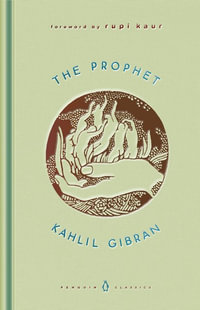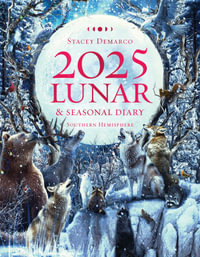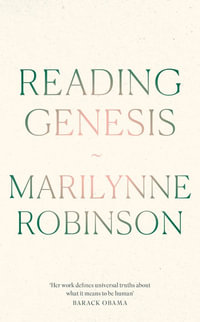Preface to Volume I
Prolegomena 1
1 The Renaissance of Christian Philosophy 2
1.1 A Look Back 2
1.2 The Collapse of Verificationism 6
1.3 The Advent of Postmodernism 8
1.4 The Rebirth of Christian Philosophy 8
1.5 The Birth of Analytic Theology 15
2 Delineating the Disciplines 21
2.1 Systematic Theology 21
2.2 Systematic Philosophical Theology 23
2.3 Dogmatics 29
2.4 Fundamental Theology and Apologetics 30
2.5 Philosophy of Religion 37
2.5.1 The Attempt to Differentiate Philosophy from Theology 39
2.5.2 The Collapse of Classical Foundationalism 42
2.5.3 Naturalized Epistemology 43
2.5.4 Epistemological Pluralism 47
2.5.5 Summary 58
3 Truth in Theology 60
3.1 Truth as Correspondence 60
3.2 A Deflationary View of Truth 63
3.3 Truth and Truthmakers 64
3.4 Modern and Post- Modern Denials of Theological Truth 66
3.4.1 Verificationism 67
3.4.2 Mystical Anti- Realism 68
3.4.3 Radical Pluralism 71
3.5 Summary 73
4 The Organizational Structure of Systematic Philosophical Theology 73
Locus I: De Scriptura Sacra 76
1 Revelation and Scripture 78
1.1 Divine Revelation: Act, Content, or Experience? 78
1.2 Is Revelation the Disclosure of Something Otherwise Unknown? 81
1.3 Is “Revelation” a Success Term? 85
1.4 Modes of Biblical Revelation 86
1.4.1 Models of Revelation 86
1.4.2 Varieties of Revelations Described in the Bible 88
1.5 Scripture as a Divine Communication 90
1.5.1 Old Testament Scriptures 90
1.5.2 New Testament Scriptures 98
2 The Nature of Scriptural Inspiration 107
2.1 Plenary and Verbal 107
2.2 Affectiones of Inspired Scripture 110
2.3 Theories of Inspiration 114
2.3.1 The Divinity of Scripture 115
2.3.2 The Humanity of Scripture 120
2.4 The Apparent Incoherence of Plenary, Verbal, Confluent Inspiration 125
2.4.1 The Problem 125
2.4.2 The Solution: A Molinist Theory of Inspiration 134
2.4.3 Historical Precedents 141
2.5 Implications of Scriptural Inspiration 148
2.5.1 Propositional Revelation 148
2.5.2 Divine Authority 148
2.5.3 Truth 149
2.5.4 Inerrancy 150
3 Justification of Belief in Scriptural Inspiration 168
3.1 Prior Probability 168
3.2 The Holy Spirit’s Witness 171
3.3 The Witness of History 179
4 Concluding Remarks 200
Analytic Contents xi
Locus II: De Fide 204
1 The Nature of Faith 204
1.1 Scriptural Teaching 206
1.1.1 Saving Faith and Personal Faith 209
1.1.2 Saving Faith and Propositional Faith 210
1.2 Does Faith Imply Belief? 223
1.2.1 Constituents of Propositional Faith 224
1.2.2 Acceptance Rather Than Belief 227
1.2.3 Assumption Rather Than Belief 235
1.2.4 Assessment of Non- Doxastic Views 246
1.3 Concluding Remarks 255
2 The Rationality of Faith 257
2.1 Practical Justification 257
2.1.1 Truth- Dependent Arguments: Pascal’s Wager 259
2.1.2 Truth- Independent Arguments: James’ Will to Believe 261
2.2 Epistemic Justification 262
2.2.1 Plantinga’s “Reformed” Epistemology 265
2.2.2 Recent Adjustments to Reformed Epistemology 273
2.2.3 Assessment of Plantinga’s Religious Epistemology 277
2.3 Summary 305
3 Concluding Remarks 306
Bibliography for Volume I 307
Scripture Index 327
Name and Subject Index 336




















![When Things Fall Apart : Heart Advice For Difficult Times [Thorsons Classics edition] - Pema Chodron](https://www.booktopia.com.au/covers/200/9780007183517/5907/when-things-fall-apart.jpg)

![NRSV Catholic Bible Gift Edition [White] : Holy Bible - Thomas Nelson](https://www.booktopia.com.au/covers/200/9780785230380/2211/nrsv-catholic-bible-gift-edition-white-.jpg)

